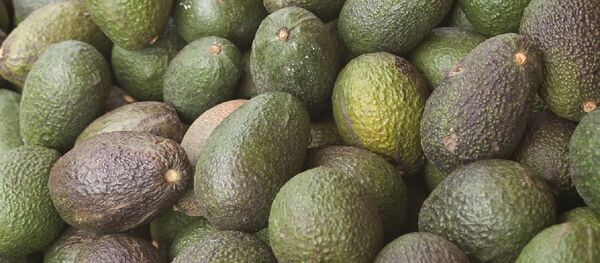Two "weather bombs," as well as serious flooding, on both of New Zealand's North and South Island has wiped out 20 percent of the nation's annual potato crop.
To further compound this crisis, dubbed "potatogeddon" or "chipocalypse," it is the regions where the varieties used in crisps have taken the biggest hit.
Now there are serious fears that New Zealanders may experience a shortage of supplies of the potato snack.
Attention: ⬇️ pic.twitter.com/tBRKFRmyGq
— Angela Meyer (@ange_meyer) October 14, 2017
Several supermarket chains have already put up signs warning customers in advance that they may have to go without the popular treat, although there has been no sign of panic-buying reported just yet.
Chris Claridge, chief executive of Potatoes New Zealand, voiced concerns the potato crisis could hit a staple food product heavily relied on by many islanders to bulk up their meals. Shortages have also been reported of North Island-produced crisps as well.
"You can go for a week without politics, but try going for a week without potatoes. It is a food staple and this is becoming a food security issue as the effects of climate change take their toll on our potato crop. Potato farmers have been severely impacted," Mr. Claridge warned.
"If they can't harvest and process, they are not getting their income, so there is that monetary impact. It is also quite distressing to be digging up rotting potatoes. It is a very important part of New Zealand psyche having potatoes," he added.
'Very Unusual' Climate
The islands produces 500,000 tons (551156 tons) of potatoes annually and is the ninth biggest exporter in the world. About two thirds of the crop is destined for processing, while the remainder is split between chips and producing its own crisps.
Torrential downpours over the winter months, starting in March, have now taken their toll on the crops with many left rotting in the soil. Next year's crop will also be affected because the ground has not been dry enough to allow planting to take place.
One farmer in Pukekohe, which is south of Auckland, feared his business would run at a loss this year, with about a third of his crop lost.
"This year has been very unusual, we haven't experienced anything like it and it has really caught a lot of us out. I don't know how we can prepare for climate change," Bharat Bhana said.
First introduced by Captain Cook, who gave potatoes to two Maori chiefs in Mercury Bay, they have been grown there for 250 years and quickly became a staple part of the local diet.



